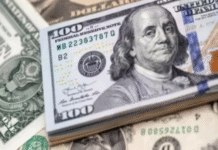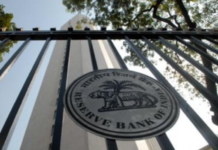New Delhi–Describing India’s recent demonetisation move as as being “unusual”, American Nobel laureate and economist Paul Krugman said on Friday while the November 8 decision carries “significant to low costs”, he found it hard to see “significant gains” accruing from the measure.
“Unusual would be the word to describe to describe it,” Krugman said in answer to a query at the Hindustan Times Summit here.
“Seems like a highly disruptive way to deal with the problem of illicit hordes of cash, though it is not clear what significant long terms gains will come of it,” he said.
Krugman, however, said there was a good case to be made that high denomination banknotes didn not serve any legitimate purpose.
“There is really a good case that high-value notes are a bad thing in a modern economy and serves no legitimate purpose,” he said.
“But that did not happen here. High-value notes are not being eliminated. This seems like a one-off attempt to flush out illicit cash,” the economist said of the India’s decision to demonetise Rs 500 and Rs 1,000 notes.
He said that “after a year” things would return to being the same with people finding other ways of accumulated unaccounted wealth.
There could be some permanent change in behaviour. People will be more careful and sophisticated in laundering their money in the future,” he said.
In this case, Krugman said that from his “pessimist” point of view the roots of the problem of black money were spread deeper and, therefore, difficult to eliminate.
“A relatively low income economy is not going to be a place where much income tax is collected,” he said.
In fact, in a lot of advanced countries there are significant levels of tax evasion,” he added.
Krugman pointed to America’s superior record in the area of tax collection, but said the situation could change in the US with Donald Trump as president.
“Trying to have an OECD (Orgaisation for Economic Cooperation and Development) type tax system in a low income setup is not a very viable proposition,” he said. (IANS)






